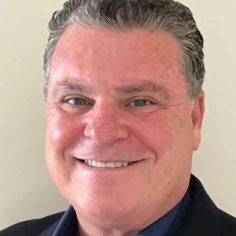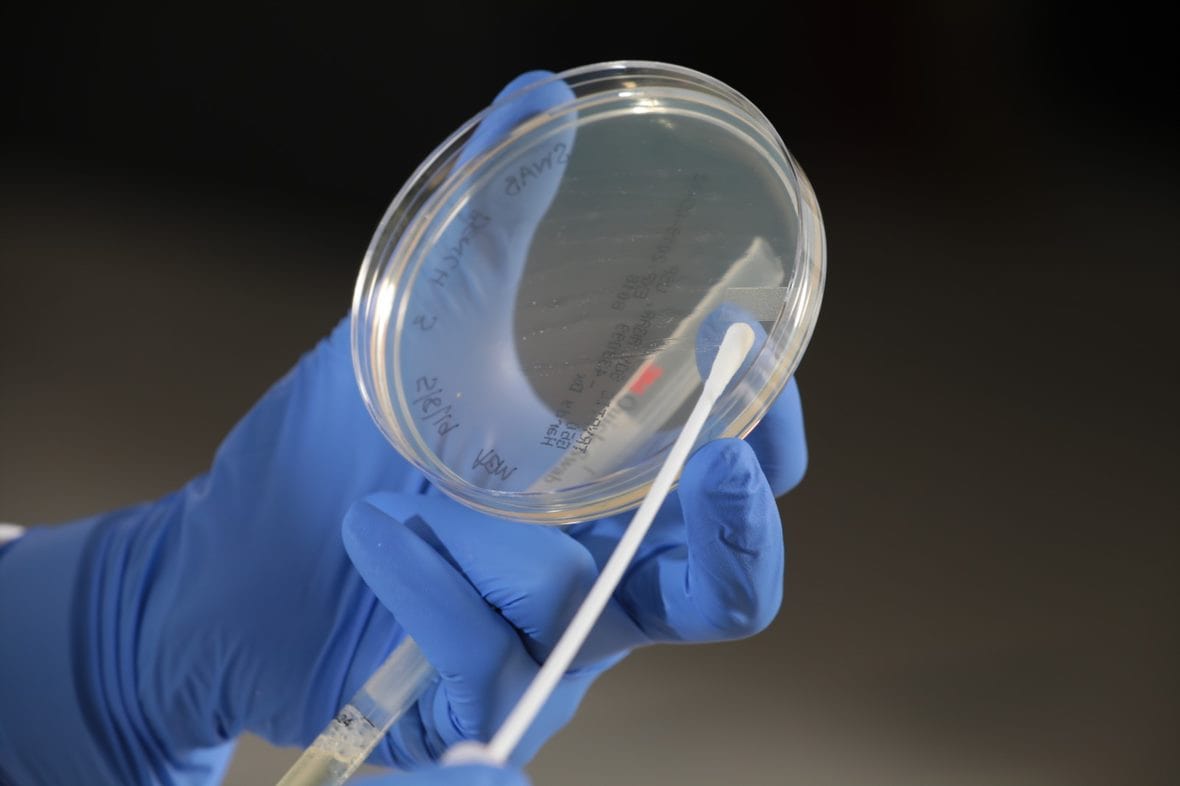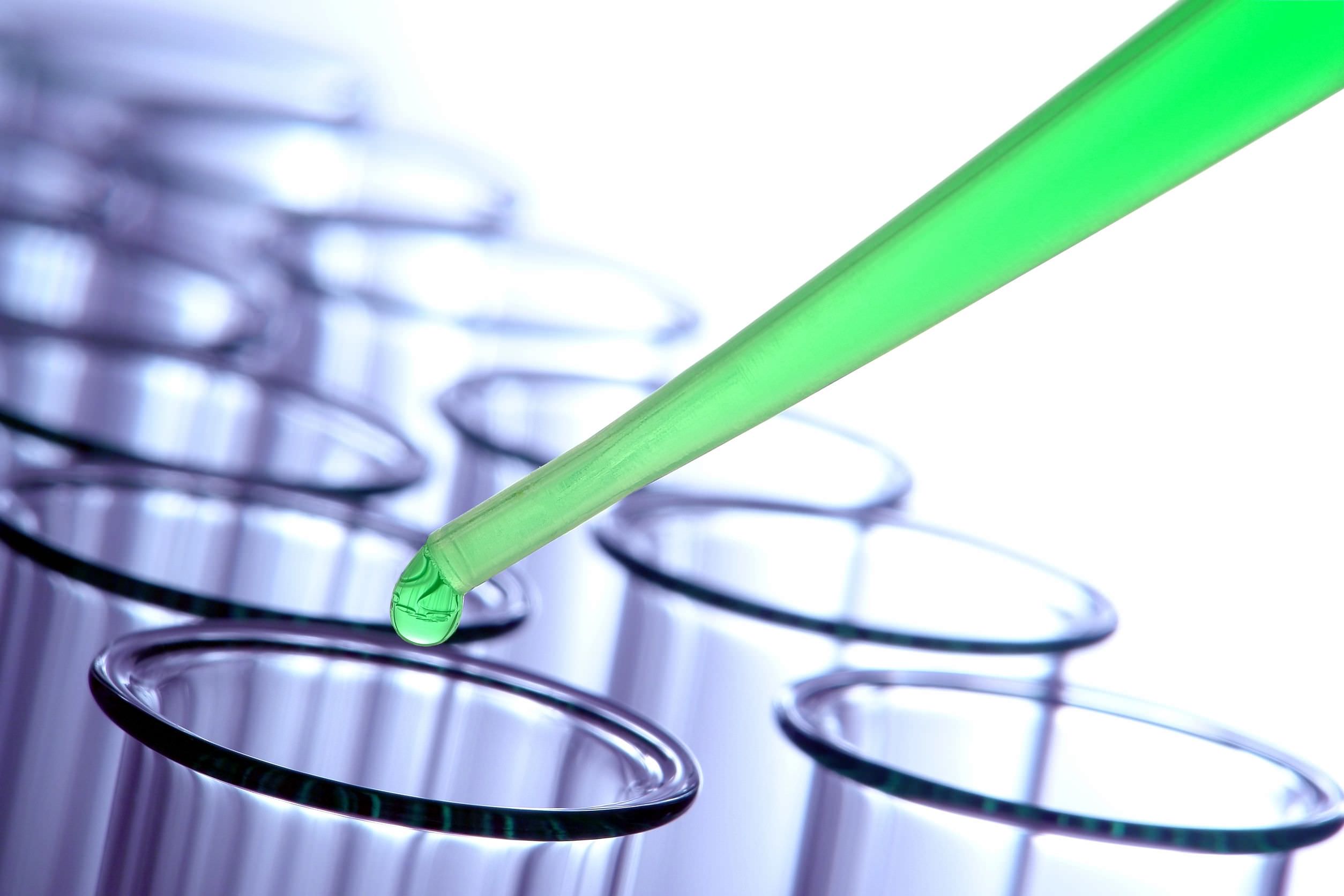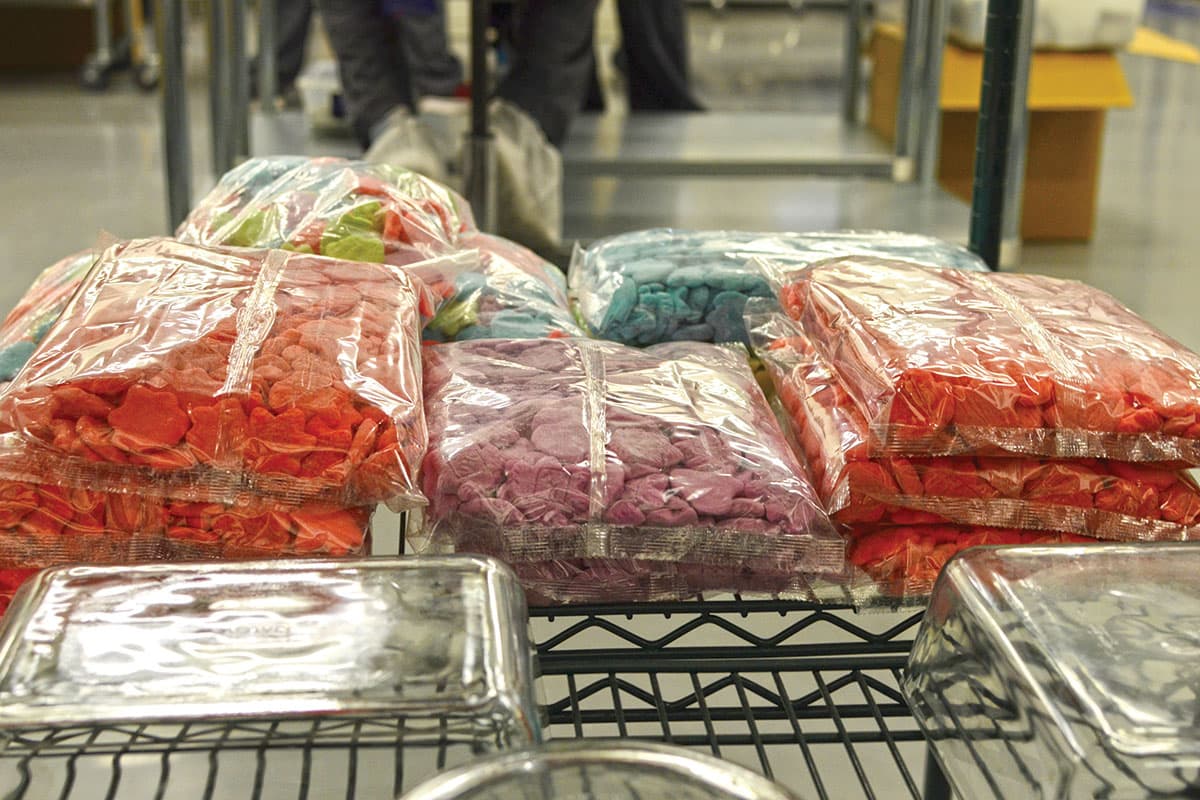 (Editor’s note: This story is part of a recurring series of commentaries from professionals connected to the cannabis industry. Roger Brown is the CEO of Tampa, Florida-based ACS Laboratory.)
(Editor’s note: This story is part of a recurring series of commentaries from professionals connected to the cannabis industry. Roger Brown is the CEO of Tampa, Florida-based ACS Laboratory.)
Medical cannabis patients should never have to wonder if their medicine is safe to use.
In my home state, Florida’s Office of Medical Marijuana Use (OMMU) and the Florida Department of Agriculture (FDACS) require sellers of cannabis to test all products for potency levels and contaminants before the sale of marijuana and hemp.
Many states have imposed their own rules on cannabis. However, the reality is not all testing laboratories are created equal. Sometimes they get the results wrong, and patients suffer the consequences.
Most of the time, these mistakes are accidental.
But many times the accident is overlooked, ignored or passed by because it is to the advantage of the product seller. That doesn’t make the actions of these laboratories any less dangerous.
In a recent example, a medical marijuana company tested its whole flower with a laboratory and received a passing result.
The strain was then shipped to dispensaries and sold for weeks before it was discovered to be contaminated.
The strain has since been recalled and the grower was fined, but the end user still likely consumed tainted product.
This is not the first cannabis product recall, and it won’t be the last.
But mistakes of this magnitude are avoidable when cannabis testing laboratories are equipped with state-of-the-art machinery, extensive experience and expert personnel to conduct careful analysis.
Inexperienced laboratories
The problem as I see it is many laboratories are forming to capitalize on the booming demand for third-party cannabis testing.
But they don’t have the knowledge to properly use the tools on hand.
Instead, many are missing the mark at the expense of human health and public safety.
It’s unacceptable for cannabis to be tainted with harmful levels of contaminants.
It’s especially dangerous for smokable flower to contain mold, mildew, mycotoxins and heavy metals, because these toxins go directly into the lungs and bloodstream.
This is a risk to public health and damaging to an industry that requires a higher standard of quality.
Lab shopping
I believe most cannabis companies want to sell clean products.
However, some companies care more about their bottom line.
These companies want to ensure their products pass all compliance tests, and they’ll look for a lab that can help them do it.
We in the industry call this tactic “lab shopping,” and it refers to the practice of sourcing labs with a reputation for being easy to work with.
Unlike more strict, compliant laboratories, less experienced laboratories might accidentally – or purposely – provide false results.
Whenever I talk about this issue, people ask me what consumers and patients can do to protect themselves.
I always tell them the best method is to ask dispensaries which third-party laboratory they employed for safety and potency testing.
Once they know, patients must do their due diligence to find out how the laboratory operates and what their reputation is for quality and accuracy.
Unfortunately, that information is not always available and becomes the responsibility of the cannabis grower or seller to be responsible and provide safe product for sale to the public.
Building consumer confidence
Customers should also ask for a copy of the certificate of analysis when purchasing a cannabis product.
Look what certifications the lab has, how large the facility is, how long it has been in business and what type of reviews it has.
Every answer tells a story.
For example, if a lab doesn’t have a license from the U.S. Drug Enforcement Administration, it shows the organization doesn’t have the procedures and protocols in place to meet the regulatory requirements.
Years in business and breadth of scientific prowess can also be tell-tale signs of a laboratory’s capabilities.
From my experience, newer labs rely heavily on manufacturer instruction manuals and methods to operate their testing equipment.
But if they use only the manufacturers’ methods, they’ll never get the most accurate results because cannabis has so many complex matrices, which require customization of methods to meet the testing requirements.
In other words, labs can’t test smokable cannabis, edibles, oils, beverages, nano-emulsions and topical lotions the same way.
Only an experienced, clinical laboratory will know how to adjust their methods to accurately test the product on hand.
Unfortunately, we are experiencing a nationwide epidemic of poor-quality laboratories putting out poor-quality results that consumers are relying on to know if a product is safe.
But it’s not all doom and gloom.
Cannabis is an important medicine, and most manufacturers, dispensaries and testing laboratories care about quality.
It’s up to every honest actor in this industry to keep raising the bar on standards so consumers and patients can feel safe.
Roger Brown co-founded Florida cannabis testing facility ACS Laboratory in 2008. ACS Laboratory is a DEA-licensed, AHCA-licensed, ISO17025-accredited and CLIA-accredited laboratory. He can be reached at Roger.Brown@acslabcannabis.com.
The previous installment of this series is available here.
To be considered for publication as a guest columnist, please submit your request here by filling out our form.







